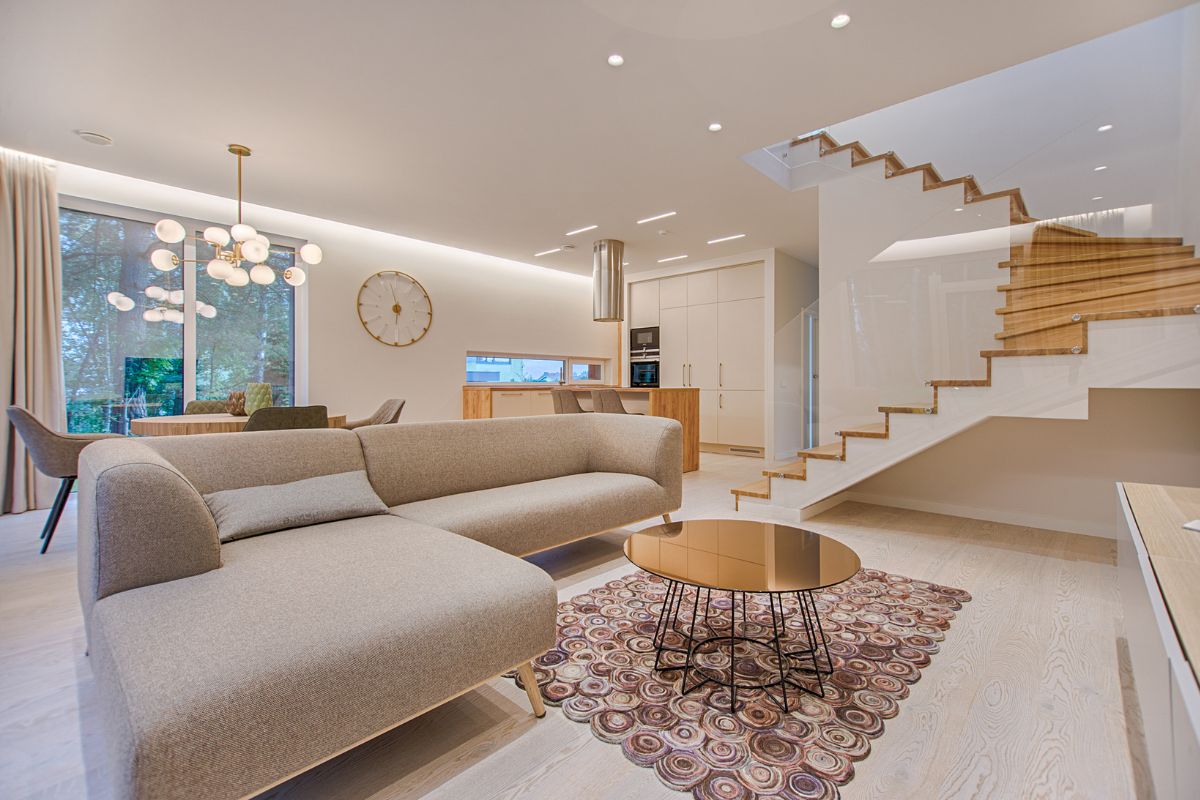Embarking on a career in interior design is an exciting journey filled with creativity, innovation, and the opportunity to transform spaces into captivating environments. Whether you’re passionate about residential design, commercial spaces, or staging, interior design offers many opportunities for those with a keen eye for aesthetics and a flair for spatial arrangement.
This article dives into the essential steps and strategies to launch a successful career in interior design. You can also take up an online interior design course that provides specialized training and insights into specific areas of interest. Continuing education through online courses allows you to stay competitive and expand your expertise, propelling your career forward.
Understanding The Concept
Before diving into the intricacies of launching a career in interior design, it’s crucial to grasp the multifaceted nature of the industry. Interior design is not just about selecting paint colors and furniture; it encompasses various disciplines, including spatial planning, architectural detailing, material selection, and project management. To thrive in this dynamic field, aspiring interior designers must develop a holistic understanding of design principles, industry trends, and client expectations.
Education and Training
One of the foundational steps in pursuing a career in interior design is acquiring the necessary education and training. While innate talent and creativity are invaluable assets, formal education provides aspiring designers with essential knowledge and skills. Consider enrolling in accredited interior design programs universities, colleges, and design schools offer. These programs typically cover design theory, drafting, computer-aided design (CAD), and interior construction techniques.
Building a Strong Portfolio
A compelling portfolio is the cornerstone of a successful interior design career. Aspiring designers should focus on creating a diverse portfolio that showcases their skills, creativity, and ability to translate concepts into tangible designs. Include a variety of projects, such as residential interiors, commercial spaces, and conceptual designs, to demonstrate versatility and expertise. Utilize digital platforms and professional networking sites to showcase your portfolio to potential clients and employers.
Gaining Practical Experience
In addition to formal education, gaining practical experience through internships, apprenticeships, or entry-level positions is instrumental in launching a career in interior design. Seek opportunities to work alongside seasoned professionals and gain hands-on experience in design firms, architectural studios, or construction companies. Practical experience enhances your skills and provides insights into industry practices and client interactions.
Developing Technical Skills
In today’s digital age, proficiency in various design software and tools is essential for interior designers. Invest time in mastering industry-standard software. These tools enable designers to create detailed drawings, 3D renderings, and presentations that communicate their design concepts to clients and stakeholders. Continuous learning and staying abreast of technological advancements are paramount in staying competitive in the field.
Cultivating a Professional Network
Networking plays an important role in advancing your career in interior design. Attend industry events, trade shows, and design exhibitions to connect with fellow designers, architects, suppliers, and potential clients. Building a robust professional network fosters collaboration and opens doors to new opportunities and collaborations.
Navigating the Job Market
Navigating the job market requires strategic planning and perseverance as you embark on your career journey. Explore various avenues for employment, including design firms, architectural practices, real estate agencies, and furniture retailers.
Leverage online job boards, career websites, and social media platforms to search for job openings and networking opportunities. Tailor your resume and cover letter to highlight relevant skills, experiences, and accomplishments that align with the job requirements. Consider freelance or independent contracting opportunities to gain exposure and build your clientele.
Embracing Continued Learning and Growth
The field of interior design is constantly evolving, driven by shifting trends, technological advancements, and evolving client preferences. To thrive in this dynamic industry, embrace a mindset of lifelong learning and growth. Stay curious, explore new design concepts, materials, and techniques, and seek professional development and continuing education opportunities. Whether through workshops, seminars, or online courses, investing in your skills and knowledge guarantees that you remain at the forefront of the industry and continuously deliver innovative solutions to your clients.
Exploring Online Courses
Exploring online courses is a convenient and flexible way to further enhance your skills and knowledge in interior design. Many platforms offer courses covering various design aspects, from color theory and space planning to sustainable design practices. Engaging in an online interior design course allows you to learn quickly, broaden your expertise, and stay updated with industry trends.
Summing it Up
Launching a successful career in interior design requires passion, perseverance, and a commitment to excellence. Aspiring designers can embark on a fulfilling journey in this dynamic field by acquiring the necessary education, gaining practical experience, honing technical skills, and cultivating a professional network.
Remember to stay adaptable, embrace creativity, and never stop learning as you navigate the exciting world of interior design. Dedication and determination make the possibilities limitless in shaping captivating and inspiring spaces that leave a lasting impression.
















